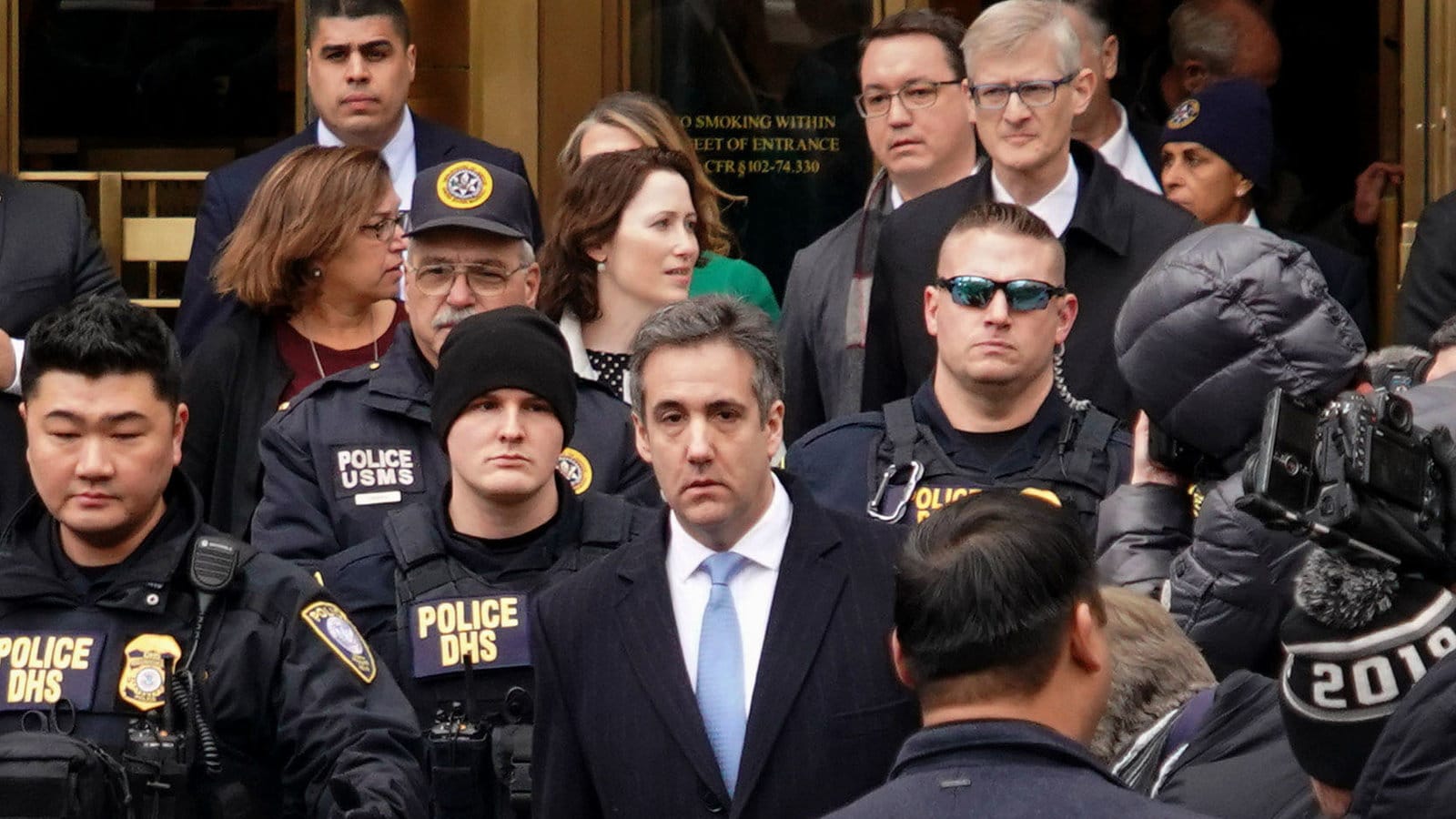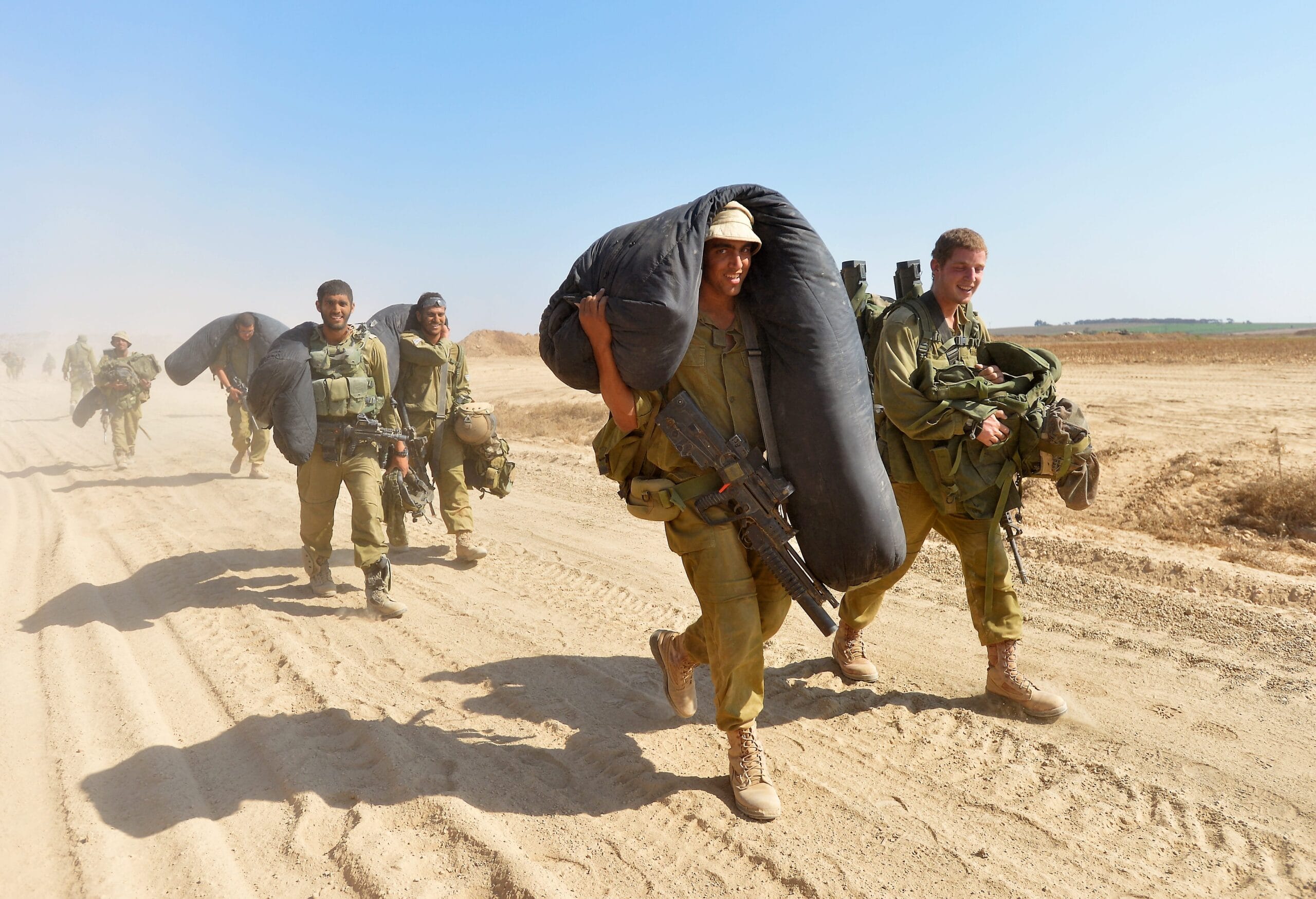The ongoing conflict in Ukraine has drawn international attention, not only for its geopolitical implications but also for the diverse array of individuals involved in the fighting. Among these are North Korean soldiers who have reportedly been captured during the conflict. According to recent statements from South Korea’s National Intelligence Service (NIS), these soldiers have shown no inclination to defect to South Korea or any other country. This finding is significant, as it sheds light on the mindset and circumstances of North Korean military personnel in a foreign conflict.
The NIS has been closely monitoring the situation, particularly in light of North Korea’s increasing military involvement in global conflicts. The agency’s reports suggest that the captured soldiers remain loyal to their home country, despite the dire circumstances they may face as prisoners of war. This loyalty could be attributed to a variety of factors, including ideological indoctrination, fear of repercussions for defection, and a strong sense of duty instilled by the North Korean regime.
The lack of desire to defect among these soldiers raises important questions about the effectiveness of North Korea’s military training and propaganda. The regime has long emphasized the importance of loyalty and sacrifice, and the behavior of these captured soldiers may reflect the success of this indoctrination. It is also possible that the soldiers are aware of the severe consequences that await defectors, both for themselves and their families back in North Korea. The regime has a history of punishing defectors and their relatives, which may serve as a deterrent for those contemplating escape.
Furthermore, the situation highlights the complexities of the North Korean military’s involvement in international conflicts. North Korea has been known to send troops to support various regimes, often under the guise of international solidarity. However, the reality for these soldiers can be starkly different from the propaganda they have been fed. Captured in a foreign land, they may find themselves questioning the narratives they have been taught, yet still feel bound by their loyalty to their homeland.
The implications of this situation extend beyond the individual soldiers. The fact that North Korean troops are present in Ukraine underscores the regime’s willingness to engage in international conflicts, potentially as a means of showcasing military strength or supporting allied nations. This involvement could also be seen as a strategy to bolster the regime’s legitimacy at home, demonstrating its commitment to international causes.
As the conflict in Ukraine continues, the fate of these North Korean soldiers remains uncertain. Their lack of desire to defect may lead to prolonged captivity, and the conditions they face as prisoners of war could vary significantly depending on the policies of the Ukrainian government and the international community’s response. The treatment of these soldiers may also reflect broader attitudes toward North Korea and its military personnel, which can be influenced by geopolitical considerations.
In addition to the immediate concerns regarding the captured soldiers, this situation raises broader questions about the future of North Korea’s military and its role in international conflicts. The regime’s ability to maintain loyalty among its troops, even in the face of adversity, will be crucial for its continued stability. As the international community watches closely, the actions and decisions of both the North Korean regime and the captured soldiers will likely have lasting implications for regional security and diplomatic relations.
In conclusion, the reports from South Korea’s intelligence agency regarding the captured North Korean soldiers in Ukraine reveal a complex interplay of loyalty, indoctrination, and the harsh realities of military life. While these soldiers have not expressed a desire to defect, their situation serves as a reminder of the broader dynamics at play in international conflicts and the enduring influence of regime propaganda. As the situation evolves, it will be essential to monitor the developments surrounding these soldiers and the implications for North Korea’s military strategy and international relations.



